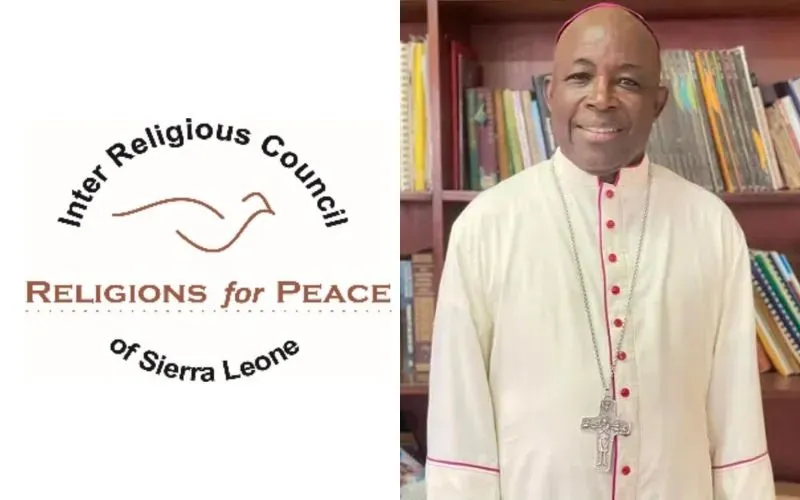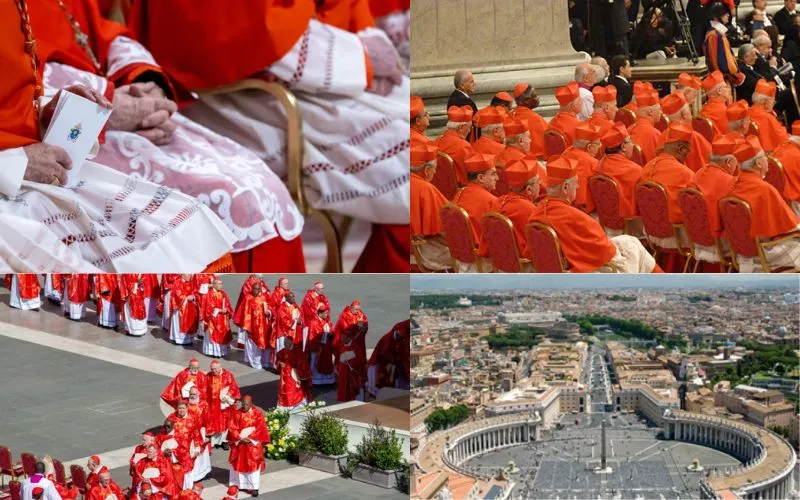IRCSL members says they find it regrettable that contrary to the position of the religious entities in Sierra Leone, the draft Bill “seeks to downplay and ignore the sacrosanct obligation to preserve the life and personhood of the foetus.”
The Bill, they say, provides for the liberalization of abortion, allowing the unrestricted performance of abortion and the granting to women the “freedom to decide if, when, and how often to do so”, a situation IRCSL members say “is gravely contradictory to religious teachings and is a license to destroy countless innocent and defenceless lives whenever pregnant women are desirous to do so.”
According to the IRCSL members, the Bill, if passed into law in Sierra Leone, will set a bad precedent for West Africa where they say most countries are strictly opposed to abortion.
“Most African countries prohibit abortion and allow it only in extreme circumstances. This law would be one of the most extreme in all of Africa,” the members of IRCSL say.
They note that the only country in West Africa allowing abortion is Benin, after “an overnight secret legislative session”.
(Story continues below)
“Benin itself is already complaining that unsafe abortion is still a problem,” they say, and add, “Nigeria allows abortion only to save the life of the mother. Liberia recently attempted to legalize abortion on demand and failed because the public were clearly opposed to it.”
IRCSL members describe abortion as “one of the most serious issues with profound religious, moral and ethical implications.”
They note that abortion has severe medical, physical, psychological and mental complications which they say can lead to the loss of life, anxiety, depression, suicidal tendencies and the feeling of guilt for those involved.
Among the numerous foreseeable dangers of the Safe Motherhood and Reproductive Health Care Bill 2024, Sierra Leone’s religious leaders point out, in particular, the violation of the sanctity of life and what they describe as the “personhood of foetus.”
They say that abortion, which they also refer to as “termination of pregnancy or expulsion of pregnancy products” constitutes an act of murder, “brutal one for that matter”, as it involves mutilation, amputation, stabbing, chopping off of limbs, and suffocating the foetus.
IRCSL members fear that the abortion Bill seeks to erode the family and marriage institutions as it permits only women to decide on their own when to do abortion with no regard for parents or the husband’s consent. The Bill provides that the woman alone has the right to decide who to accompany or be beside her during the abortion procedure.
The religious leaders further fear that if passed into law, the Bill will permit the “liberalization of abortion” throughout the country including in remote villages where they say medical facilities have severe shortages.
They assert that societies that legalize abortion are experiencing population decline, noting that the large majority of the world’s countries prohibit abortion except in extreme circumstances. “In some countries like the UK, 1 in 4 babies are aborted before birth, leading to severe population problems,” IRCSL members say.
Referring to the scientific basis for Pro-Life, the religious leaders note that life begins at conception, and explain, “95 percent of biologists agree that life begins at fertilization, and religious leaders have reiterated their firm opposition to this Bill.”
“Both Christianity and Islam are opposed to abortion on demand, even early in pregnancy. This has been ignored by the government,” they lament.
Meanwhile, the IRCSL members have warned that the promotion of the concept of “sexuality” in the draft Bill may lead to the spread of what they describe as “deviant sexual identifications.”
“The religious perspective of sexual identification is based on the divine creation of mankind into a pair of male and female. There are ample divine verses in both Islam and Christianity to emphasize that other deviant sexual identifications are not permissible,” the religious leaders say.
“In some rare cases, a child may be born with ‘she-male’ genital problems but this is an exception rather than the rule,” IRCSL members say, and add, “The concept of sexuality is a modern concept.”
In their statement, Sierra Leone’s religious leaders have appealed to legislatures in the country to ensure that “no bill that would serve contrary to the preservation and protection of the sanctity of life” is passed and made the law.
Agnes Aineah is a Kenyan journalist with a background in digital and newspaper reporting. She holds a Master of Arts in Digital Journalism from the Aga Khan University, Graduate School of Media and Communications and a Bachelor's Degree in Linguistics, Media and Communications from Kenya's Moi University. Agnes currently serves as a journalist for ACI Africa.








